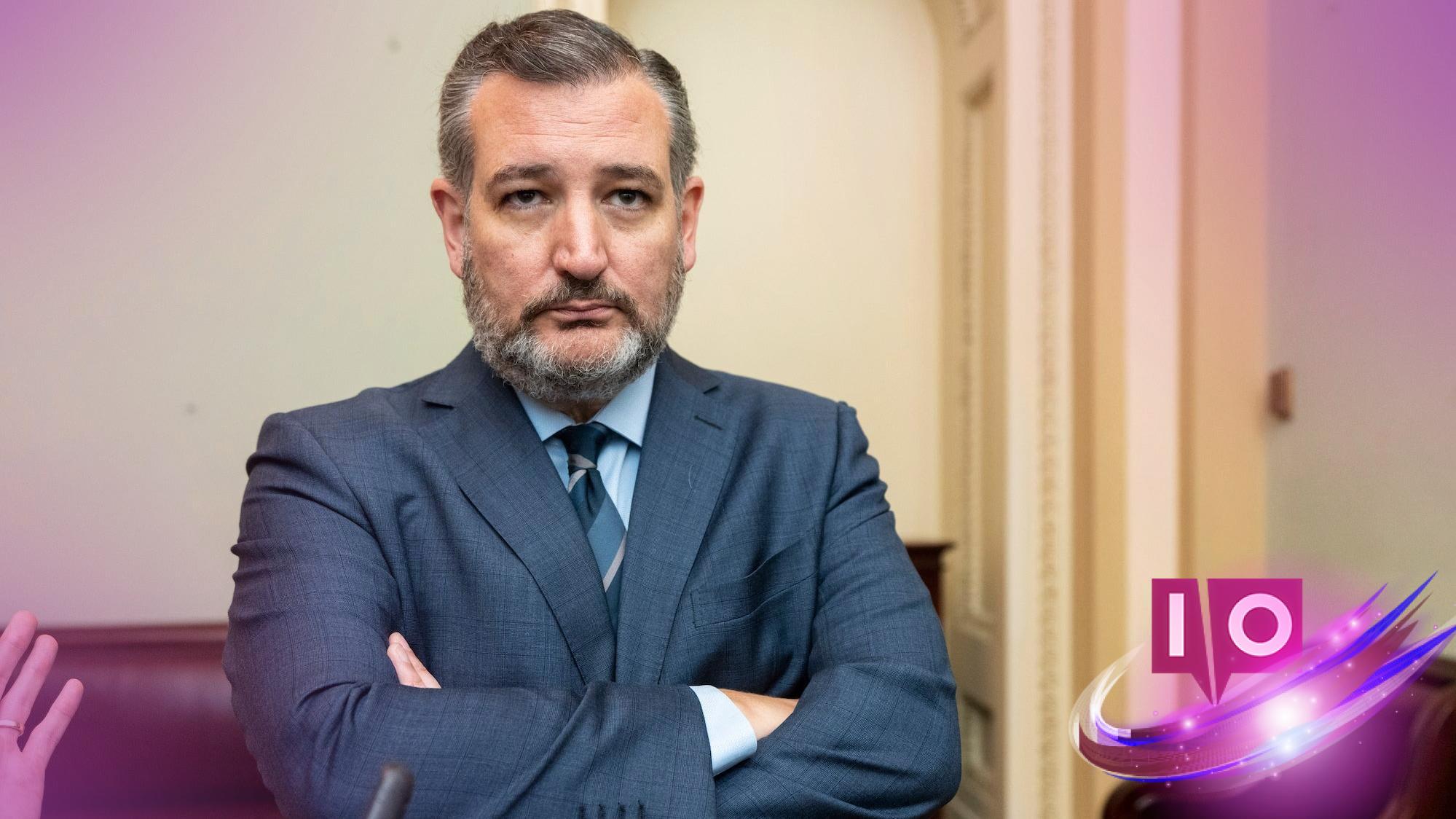As artificial intelligence continues to reshape our world, the regulatory landscape surrounding it is evolving rapidly. A recent development in Texas could greatly impact how AI companies operate without stringent oversight. Senator Ted Cruz is reportedly preparing to introduce legislation designed to ease federal regulations on artificial intelligence firms, allowing them to innovate with minimal government interference. This initiative raises critical questions about the future of AI safety and accountability.
Understanding the implications of this proposed legislation is crucial for stakeholders across the tech industry. With substantial experience in navigating complex regulatory environments, I aim to unpack what this could mean for AI’s future and its developers.
1. What does the proposed legislation entail?
According to sources, Cruz’s legislation could allow AI companies to apply for a two-year waiver, enabling them to bypass federal enforcement, licensing, and authorization requirements. This “regulatory sandbox” will be managed by the White House’s Office of Science and Technology Policy, currently led by Michael Kratsios. This less rigid structure could create an environment ripe for rapid innovation.
2. What could extend the unregulated period for AI firms?
In addition to the initial waiver, firms might have the opportunity to extend their unregulated status for an additional eight years. This potential ten-year grace period appears to be aligned with previous proposals aiming to ban state-level regulations that could hinder AI development. Such extensive leeway raises concerns over the long-term implications for consumer protection and ethical technology use.
3. What factors could influence the passage of this legislation?
The fate of Cruz’s proposal may hinge on the Republican stance toward artificial intelligence regulation. Although some skepticism remains within the party, the allowance for states to maintain their own AI regulations suggests a more flexible approach may be welcomed. If the bill is introduced as anticipated, it will have significant implications for how AI companies operate moving forward.
4. What are the potential risks of less regulation on AI?
While easing regulations may foster innovation, a lack of oversight can lead to ethical dilemmas, safety concerns, and potential abuses of AI technology. Without appropriate balance, companies might prioritize speed and profitability over responsible development practices. This sets the stage for significant societal impacts and challenges regarding AI governance.
5. How does this relate to broader national discussions on tech regulation?
The debates surrounding Cruz’s bill are part of a larger conversation about technological oversight in the U.S. As AI continues to integrate into various sectors, understanding how legislation like this shapes the industry is essential. Stakeholders must stay informed and engaged as policymakers grapple with finding a balance between innovation and regulation.
As developments unfold, it’s crucial to explore not only the immediate implications of Cruz’s proposal but also the broader landscape of AI regulations. By staying informed, we can actively participate in molding a future that balances innovation with responsibility. For continuous updates and insights on this topic, I encourage you to visit Moyens I/O.
